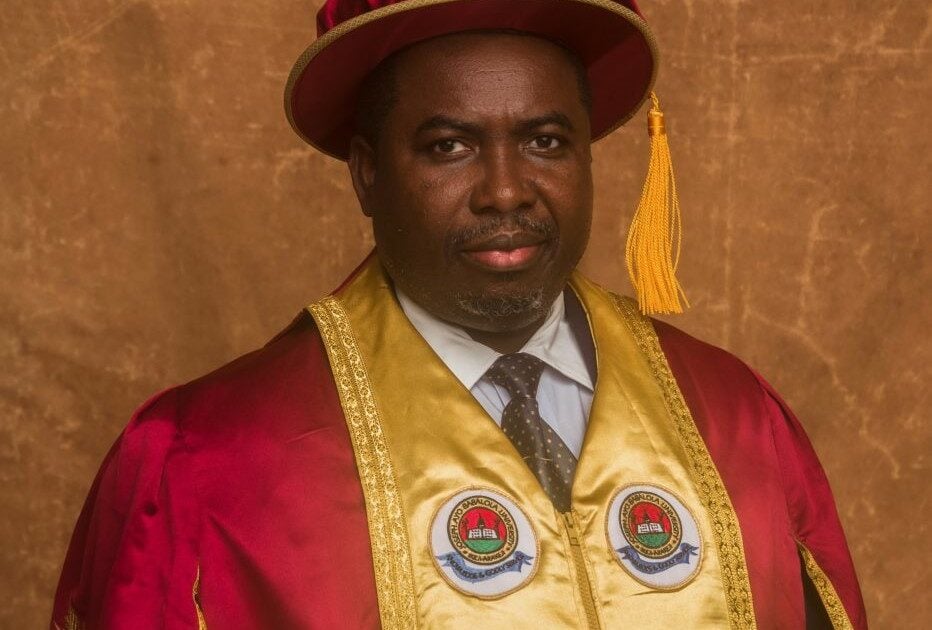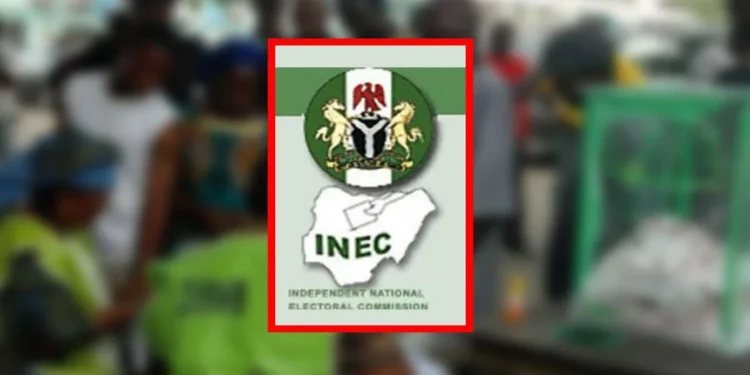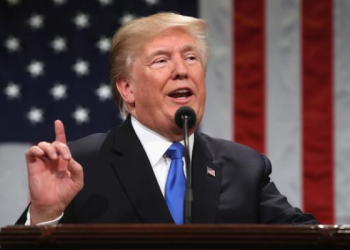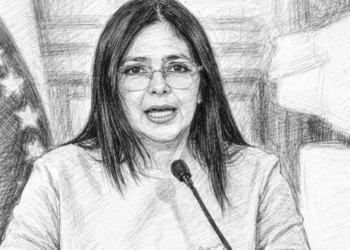The Anambra State governorship election on Saturday represents the first major test for Professor Joash Amupitan, the new Chairman of the Independent National Electoral Commission (INEC), with the credibility of Nigeria’s entire electoral system hanging in the balance.
Appointed just weeks ago, Amupitan faces the immense challenge of overseeing a transparent and credible process that can begin to restore public trust after years of complaints about bias and technical failures under the previous leadership. The election is being watched as a crucial indicator for the 2027 general elections.
“It is also an opportunity for the electoral umpire… to prove to the world that it has turned a new page,” former Vice President Atiku Abubakar stated, capturing the national sentiment. Amupitan has pledged a new course, committing to a “fair, credible and free” election and promising significant improvements in logistics for the 2.8 million registered voters.

The election features a tight contest, with incumbent Governor Chukwuma Soludo of APGA facing strong challenges from Nicholas Ukachukwu of the APC and others. For voters like Maduka Ihemeremma, the demand is simple: “We want votes to count and results announced within 24 hours.”
Why It Matters
Professor Amupitan is not just administering an election; he is standing trial in the court of public opinion before his tenure has even properly begun. The Anambra poll is a brutal first assignment—a high-stakes, real-time audit of INEC’s integrity under his leadership. While his promises of a credible process are necessary, they are not enough to erase the institutional skepticism bred by years of “technical glitches” and allegations of bias.
His success hinges on the flawless functioning of BVAS machines, the real-time transparency of the IReV portal, and the unequivocal neutrality of every INEC official. A credible election could mark a turning point and re-engage a disillusioned Nigerian electorate. A flawed one would confirm their deepest cynicism and prove that changing the conductor does little if the orchestra itself remains broken.

















